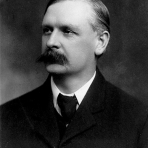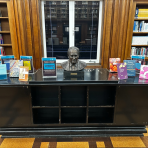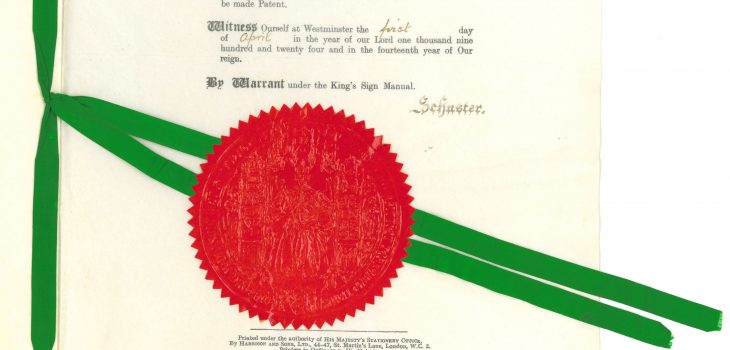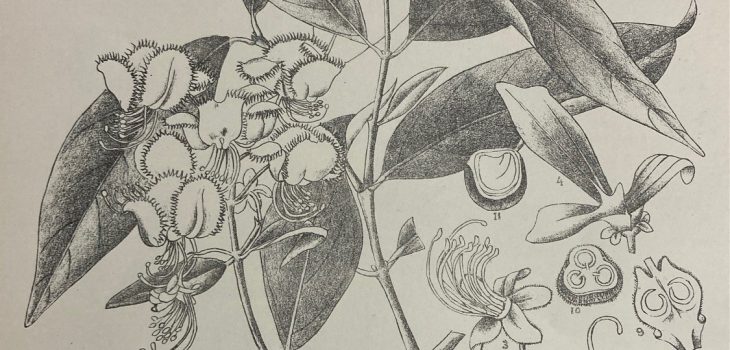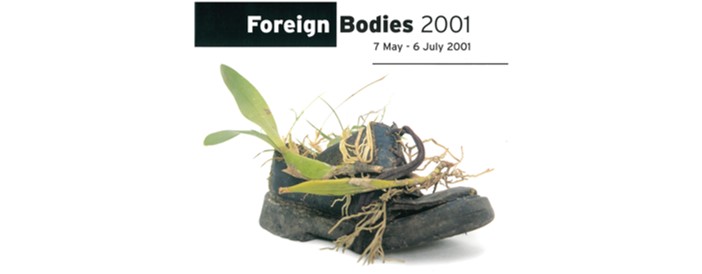With the recent revision of the Barnard classification scheme – which determines where books are shelved in the Library – the Collections team has been investigating ways that searching for books can be made easier for readers.
At the Enquiries Desk, when readers wish to find a book that they have read…


